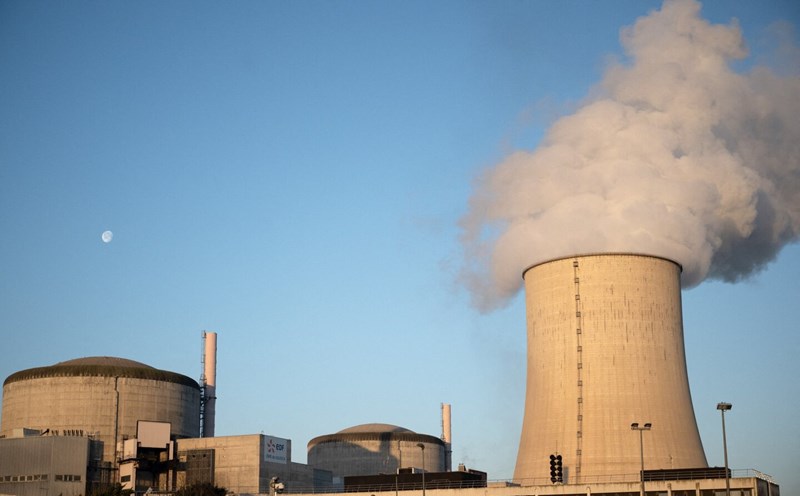One of Europe's largest nuclear power plants will have to partially stop working this weekend due to Jellyfish.
EDF - the operator of the Gravelines Nuclear Power Plant - informed that the "massive and unpredictable presence of jelly" forced three of the six reactors at the nuclear power plant in northern France to stop operating right before midnight on August 10. The fourth reactor also stopped working on the morning of August 11.
In the statement, EDF said the jellyfish entered the filter bins of pumping stations in the plant's non-nuclear area.
"They do not affect the safety of facilities, employee safety or the environment," EDF affirmed.
However, the closure of reactors is part of the safety and protection system of the Gravelines Nuclear Power Plant. This factory is located along the North Sea.
The company said that workers are making efforts to restart the reactors safely.
Nuclear power plants often need large amounts of seawater to cool reactors, said Erik Hendy, a professor at the University of Bristol in the UK.
She pointed out that the nuclear power plant's water pipes have nets to prevent debris and marine life from being sucked into the cooling system, but large schools of rams can block the nets themselves.
In addition, dead jelly can "loose into a gel" and pass through the retaining nets, leading to deeper problems in the factory system.
According to the American Institute of Mechanical Engineers, water flowing from cooling towers at the Gravelines Nuclear Power Plant is used by a commercial farm to raise fish because the country is warmer than sea water. Warmer water temperatures are also associated with an increase in the number of jellyfish.
Jelly has 95% water, but when concentrated in large flocks, they can cause a big problem for nuclear power plants because they can clog the cooling water supply system.
According to the Ocean Scalpless animal Research Institute, ruoi disrupting electricity production is still a global challenge, as ruoi blasting is occurring more frequently and spreading due to factors such as overfishing, climate change and increased coastal urban development.
Nuclear power plants around the world have been affected by mangrove flocks. In 2011 alone, jellyfish caused closures of factories in Israel, Japan and Scotland. In 2013, a Jade invasion paralyzed a nuclear reactor in Sweden.











